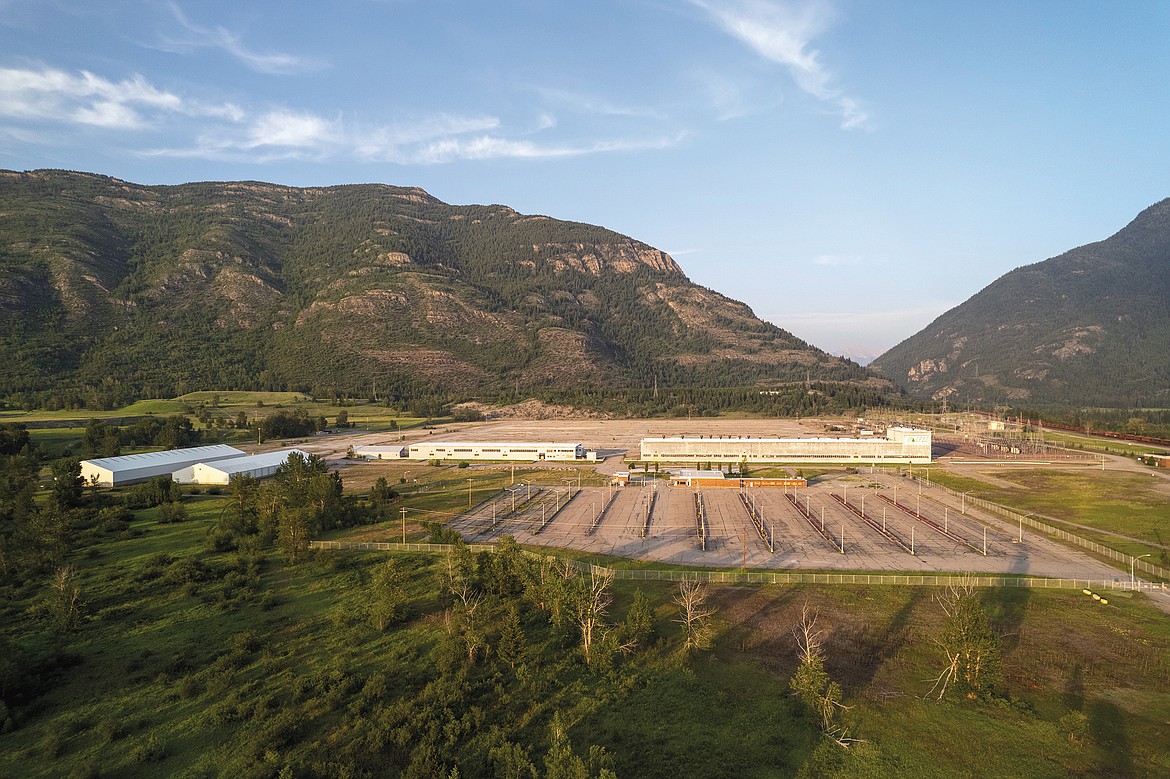CSKT asks EPA to stay CFAC record of decision
By CHRIS PETERSON
Hungry Horse News
The Confederated Salish and Kootenai Tribes recently sent a letter to the Environmental Protection Agency asking for more time to examine the cleanup of the Columbia Falls Aluminum Co. site.
“The EPA has made many commitments to consult with Tribes and to honor Tribes’ treaty rights, including a specific commitment to engage in meaningful consultation with CSKT on the cleanup remedy for CFAC,” Michael Dolson, Chairman of the Confederated Salish and Kootenai Tribes said in a release. “Now it’s time for the EPA to turn those words into action and to work with the Tribes to ensure that the toxic waste at the CFAC site will not continue to harm the river, fish, and our treaty rights into the future.”
In the letter, the Tribe thanks the EPA for recently meeting with them directly, but they also claim it was only the second time they’ve had a direct meeting with EPA officials since the Superfund process began almost a decade ago.
“We have deep concerns about how the Superfund process has unfolded thus far. We think many, if not all, of those problems are a result of inadequate participation of the community, and specifically, inadequate tribal consultation. We respectfully remind EPA that the Sept. 17, 2024 meeting with CSKT was only the second time (the June 11, 2024 meeting was the first time), during a multi-year CFAC Superfund process (dating back to 2015), that any Agency officials actually met with our Tribal Council and shared its proposals,” the letter, signed by Dolson, claims.
As such, the Tribe asks the EPA to stay its Record of Decision on the cleanup plan. The preferred alternative calls for placing a slurry wall designed to contain leaching waste at the site.
“We request EPA stay all decision-making on the CFAC plan, including its tentative selection of Preferred Alternative 4, the slurry wall), pending further consultation with CSKT and the aforementioned investigation and analysis of how existing CFAC pollution is already negatively impacting water quality standards and our treaty right to take fish and sustenance fishing, and which remedy best protects water quality standards and our reserved rights,” he wrote.
In the letter, the Tribe maintains pollutants are leaching into the Flathead River and nearby Cedar Creek, though the EPA and the company have previously said that contaminants are not going into either water body at levels that would harm fish or humans.
“We are concerned about the toxic contaminants that Glencore left in the ground at the site, and how the cyanide, fluoride, and heavy metals impact the Flathead River and native trout. We have treaty-reserved rights to hunt and fish in the waters and lands around the CFAC plant,” said Rich Janssen Jr. Natural Resources Department Head for the Confederated Salish and Kootenai Tribes. “But if there are not enough fish to harvest, or if the fish have bioaccumulated too many toxins to be safe for human consumption, our treaty-reserved rights are meaningless. EPA must select a cleanup plan for CFAC that will permanently protect the Flathead River and the fish that live there, and ensure the river and fish survive and thrive for future generations.”
The Tribe has also raised concerns about pollution coming from coal mines in Canada that have been documented polluting the Kootenai River. Glencore, CFAC’s parent company, recently purchased the mines.
The EPA did not immediately respond for a comment.

